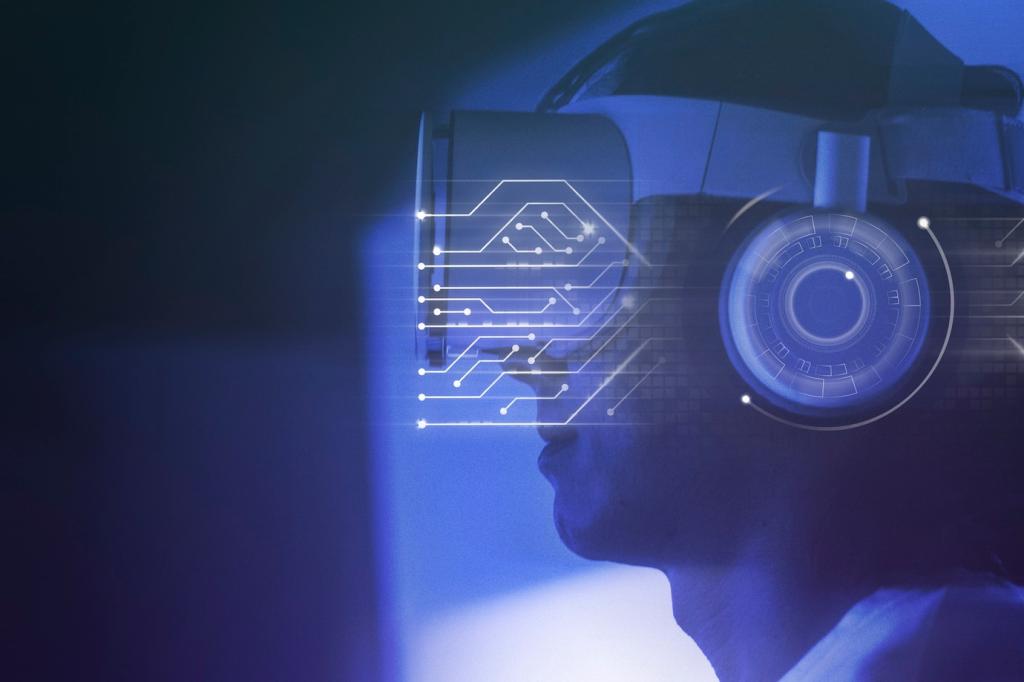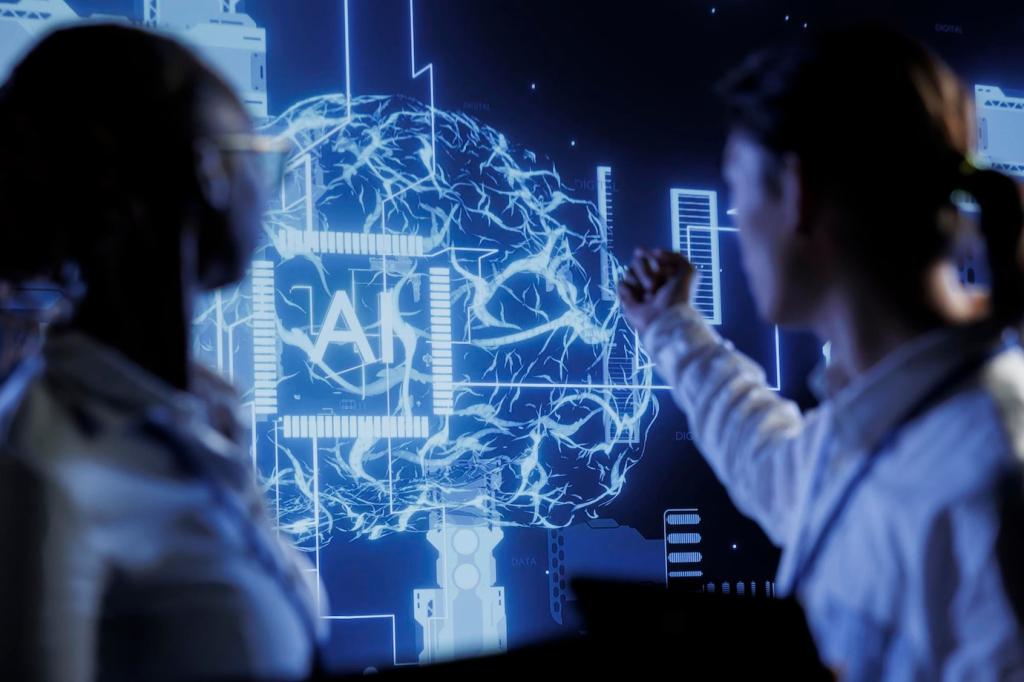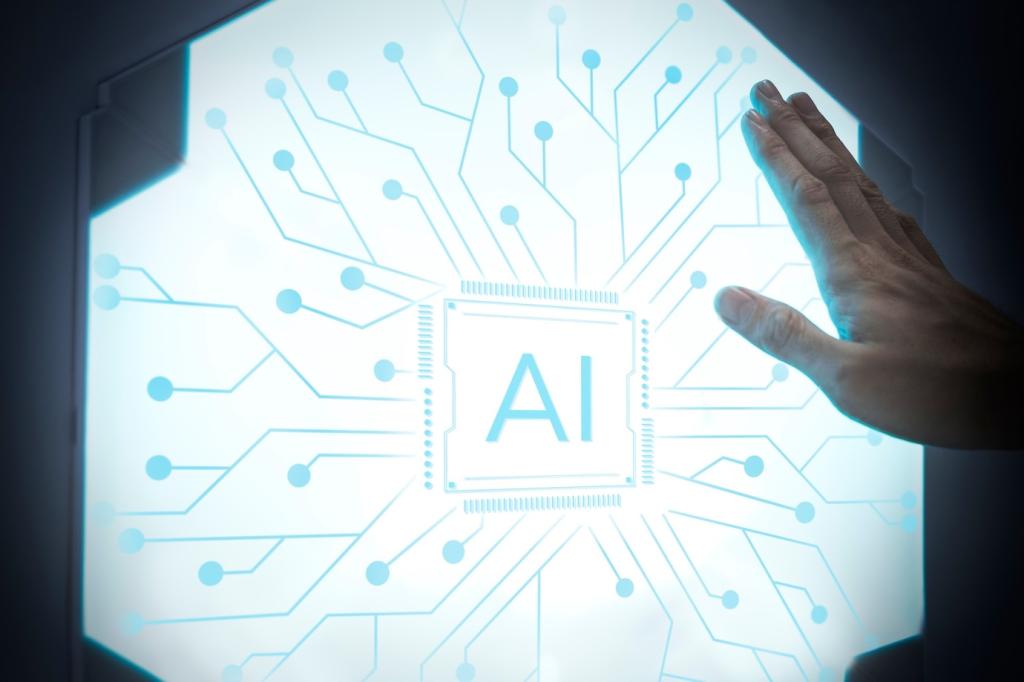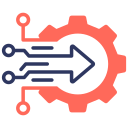This website uses cookies so that we can provide you with the best user experience possible. Cookie information is stored in your browser and performs functions such as recognising you when you return to our website and helping our team to understand which sections of the website you find most interesting and useful.

AI-Driven Innovations in Healthcare
Artificial Intelligence (AI) is revolutionizing the healthcare landscape, offering unprecedented advancements in diagnosis, treatment, patient engagement, and operational efficiency. With the integration of AI technologies, healthcare providers are now able to make data-driven decisions, improve patient outcomes, reduce human error, and enhance the overall patient experience. The continued evolution of AI promises to reshape healthcare by enabling more personalized, accessible, and proactive care while supporting clinicians and medical staff through powerful data analytics and automation. This page explores the multifaceted impact of AI-driven innovations in healthcare, highlighting several key areas where these technologies are making a difference.
Genomic Data Interpretation
Drug Discovery Optimization
Revolutionizing Patient Engagement



Advancing Clinical Decision Support


